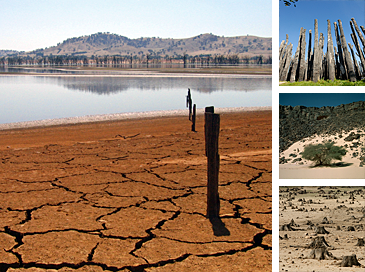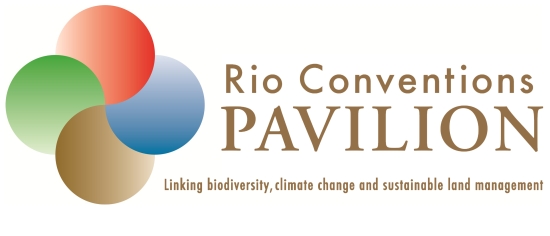Drylands biodiversity
 Sustainable land management and the restoration of degraded lands combat land degradation and desertification by stabilizing soils, reducing water and wind erosion and maintaining nutrient cycling in soils.
Sustainable land management and the restoration of degraded lands combat land degradation and desertification by stabilizing soils, reducing water and wind erosion and maintaining nutrient cycling in soils.
Sustainable use of goods and services from drylands ecosystems and the development of agroforestry systems can, therefore, contribute to poverty reduction, making the rural poor less vulnerable to the impacts of land degradation and climate change while also ensuring biodiversity conservation and sustainable use.
Desertification and the associated loss of vegetation, causes biodiversity loss through habitat fragmentation, degradation and destruction and contributes to climate change through reducing carbon sequestration.
Efforts to combat desertification by fostering sustainable land management practices have potential co-benefits for climate change adaptation and biodiversity conservation and sustainable use through protecting and restoring the productive potential in drylands. This is particularly important since many of those most vulnerable to climate change are poor people, with a high dependence on biodiversity-based livelihoods, living in sensitive dryland areas.
Cancun December 2010
Nagoya October 2010
 Sustainable land management and the restoration of degraded lands combat land degradation and desertification by stabilizing soils, reducing water and wind erosion and maintaining nutrient cycling in soils.
Sustainable land management and the restoration of degraded lands combat land degradation and desertification by stabilizing soils, reducing water and wind erosion and maintaining nutrient cycling in soils. 
